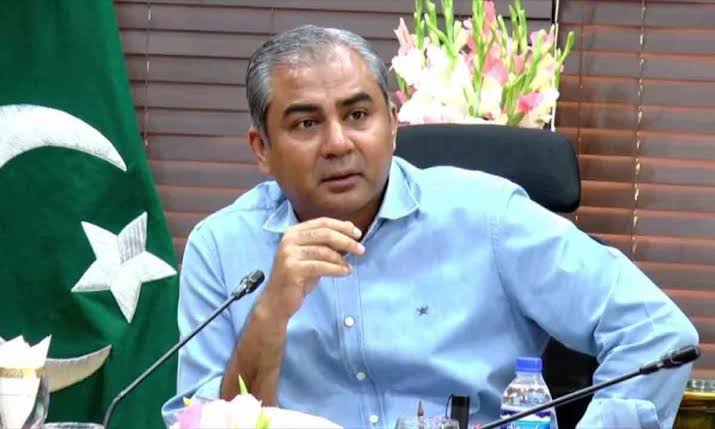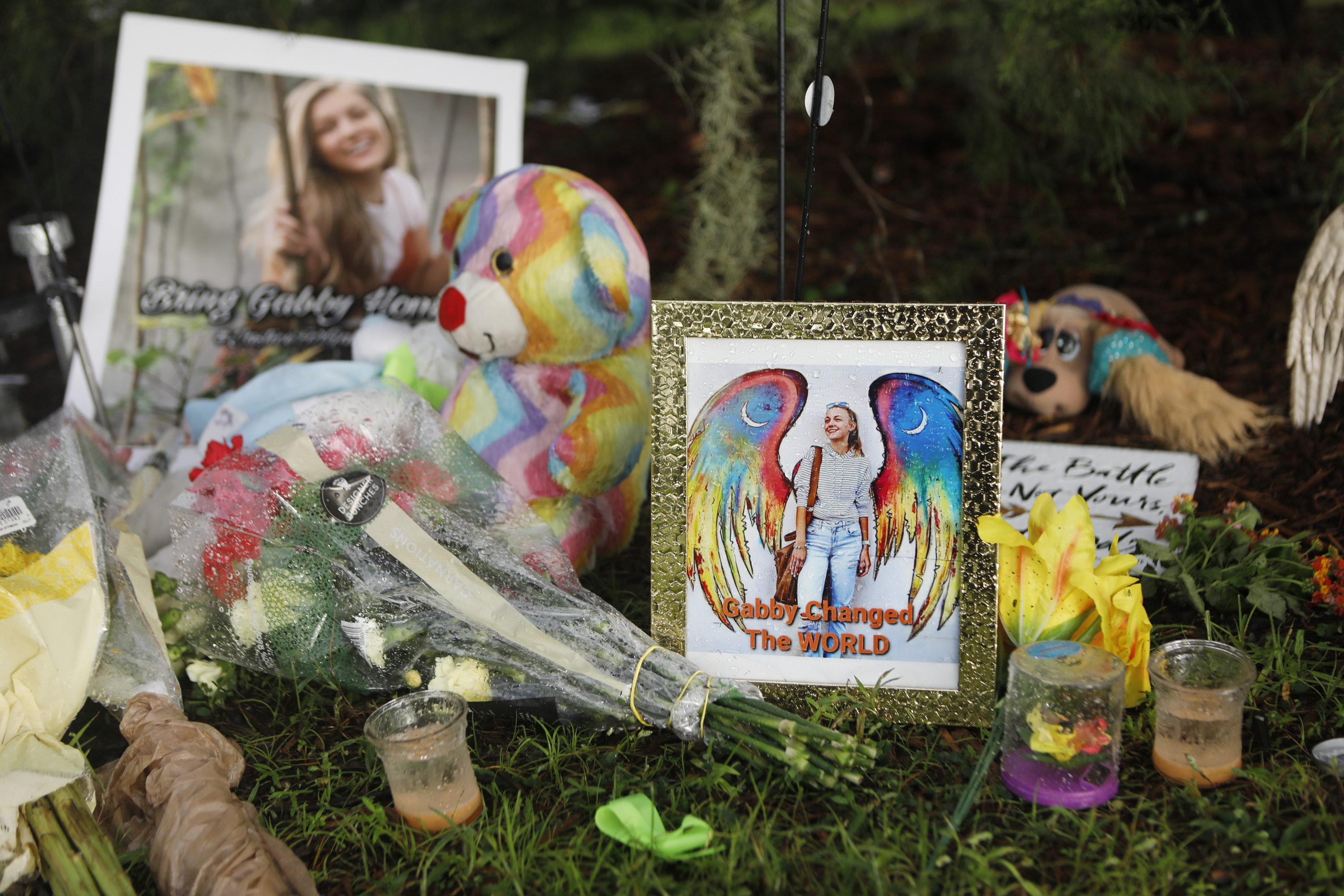The influenza outbreak combined with the spread of the Ômicron variant of the new coronavirus in the country had the effect of thousands of Brazilians rushing to testing stations to identify if there was contamination by covid-19 during the holiday season. For many patients with suspected contamination by the disease, the test has become synonymous with resilience in the long lines of the public service, or additional cost for those who resort to large private laboratories. In addition, the possibility of lack of tests in the private network appears on the horizon.
On a New Year’s trip with friends to the beaches of Ubatuba, on the north coast of São Paulo, publicist Fernanda Cui infected with covid-19, as well as eleven other colleagues in the group made up of eighteen people. The congestion generated in the region at this time of year by the intense flow of tourists on the main road frustrated the travelers’ attempt to test themselves at a Basic Health Unit (UBS) located in the center of the coastal city. With symptoms since before the turn of the century, the tests were only carried out when they returned to São Paulo, on January 3rd of this year.
Back in the capital of São Paulo, Cui resorted to a quick testing post at the DelBoni Auriemo network, where the antigen test was performed for R$ 150. Despite having tested positive, she wanted a retest via RT-PCR. The publicist looked for Hospital Santa Paula, in the south of São Paulo, but when going through the screening, she was informed that the waiting list on the last day 4 exceeded 8 hours. She decided to give up confronting the results and started isolation.
“We have a very complicated scenario, at the same time that people have mild symptoms, we have many positive cases, but it has been necessary spend a lot of money to test,” he said. “We do not have easy access to tests that guarantee the person’s right to know if they have covid. If we had the self-test on the beach, we could have started the isolation earlier”, he added.
The other colleagues involved in the trip reported having faced more than two hours of waiting to be tested in the Unified Health System. Health (SUS), with up to three days of waiting to receive the result. A survey carried out by Estadão with the health secretariats of the States shows that the average time to obtain the result of the RT-PCR type test, considered the gold standard, is two and a half days .
In some states, such as Maranhão and Amapá, the wait to find out if there has been contamination by the virus lasts up to five days. In Pará, where it is necessary to wait for two days for the diagnosis, a combination of tests is still required, which in some cases requires the return of the patient to the health center the day after the initial examination. In addition, nine of the twenty-one Departments that responded to the query in the report reported requiring a medical prescription to carry out testing – a factor that increases the waiting time in care units and is the target of criticism by epidemiologists.
In the east side of São Paulo, Roberta da Silva tested positive for covid-19 at the Emergency Care Unit (UPA) in Itaquera, east side, right after New Year’s Eve. Although it was the first day of the year, and demand was low, it was necessary to wait for an hour and a half for the test to be carried out. On Tuesday, 11, she returned to the testing station to check if the disease persisted, but she came across a long queue positioned in the outside area of the UPA. On a rainy day in the capital of São Paulo, the dozens of people waiting to be served gathered at the only covered point of the unit. She also gave up on having a new test.
“In my head it didn’t make sense for me to be there next to people with very severe symptoms, such as coughing and sneezing. For my safety, I preferred not to wait”, he said.
For the former president of the National Health Surveillance Agency (Anvisa) Gonzalo Vecina Neto, the race for testing stations should not be encouraged. He suggests the adoption of the social isolation protocol at the beginning of the first flu symptoms, regardless of the existence of a diagnosis for influenza or covid-19, also as a way to avoid agglomeration in health units and the possible contagion in these places.
Private sector
The scenario does not improve in the private sector, which, in addition to facing the possibility of shortage, offers RT-PCR tests at prices considered high by users. At the Fleury Diagnostic Medicine network in the Federal District, the exam is carried out for R$ 380, with a two-day deadline for delivery of the results. At competitor Sabin, R$ 295 is charged, with the same waiting time. Biolab, on the other hand, offers the lowest price, R$ 250, but with a result in up to five days due to the increase in cases. The values vary in the twenty-seven states of the federation.
This Wednesday, the 12th, the Brazilian Association of Diagnostic Medicine (Abramed) issued a technical note warning of the possibility of lack of covid tests -19 due to the scarcity of supplies needed to perform the exams, such as the swabs used in RT-PCR. The document recommends prioritizing patients in serious condition to avoid the depletion of stocks in the country. The suggestion contradicts the position defended by specialists heard by Estadão, who point to testing as one of the main public policies to fight the pandemic.
When trying to schedule a test for covid-19 on the websites of the Drogasil and Drogaria pharmacy chains, it is already possible to come across the information that exams were temporarily suspended because of shortages. The companies report in the communiqués that the scheduling should be resumed in the next few days upon re-establishment of stocks.
Data gathered by Abramed in another study expose the reasons that led to the shortage: there was a 98% increase in tests of covid-19 between the week of Christmas and the beginning of January, in private laboratories in the country. Between the 3rd and 8th of this month alone, more than 240 thousand tests were carried out in the private network, despite the high prices charged in some regions. The increase in the number of exams coincides with the jump from 7.6% to 40% in the average of positive tests.
Epidemiologist Ethel Maciel, from the Federal University of Espírito Santo, states that the lack of tests in the private network will lead to “chaos” in the country’s health system, since 28.5% of the Brazilian population resorts to private understanding through health plans, as stated in the 2019 National Health Survey (PNS) carried out by the Brazilian Institute of Geography and Statistics (IBGE). The researcher believes that the delay in testing in laboratories and diagnostic medicine centers will put even more pressure on the Unified Health System (SUS).
“Brazil has never had a testing program with clear information and tests available in accessible places, such as public offices and places of great circulation, with bus and subway terminals”, he says. “With the arrival of Ômicron, the situation is even more serious because we have a very high demand and limited supply, even in the private network. What could improve the picture is the offer of self-test. We should have a public policy that could offer testing in the SUS”, he evaluates.
Know more
+ What is known about fluorone?
+ Trick to squeeze lemons becomes a craze on social media + IPVA 2022 SP: see how to consult and pay the tax + One twin became vegan, the other ate meat. Check the result + Reincarnation in history: an age-old belief )+ SP: Man dies standing, leaning against car, and scene scares residents on the coast
+ Andressa Urach asks for money on the internet: ‘Help me pay my card bill’
+ Horoscope: check today’s forecast for your sign
+ See which were the most stolen cars in SP in 2021
+ Expedition identifies giant squid responsible for ship sinking in 2011
+ Everything you need to know before buying a crock pot
+ US Agency warns: never wash raw chicken meat
Note: This article has been indexed to our site. We do not claim legitimacy, ownership or copyright of any of the content above. To see the article at original source
Click Here












